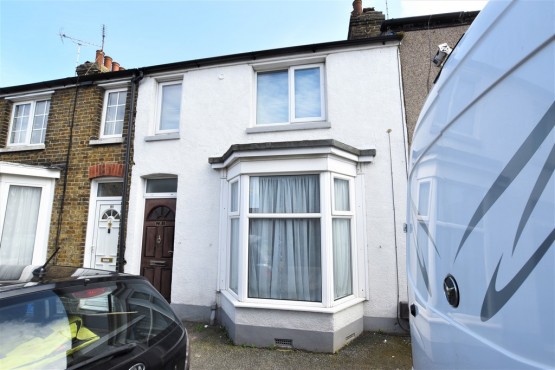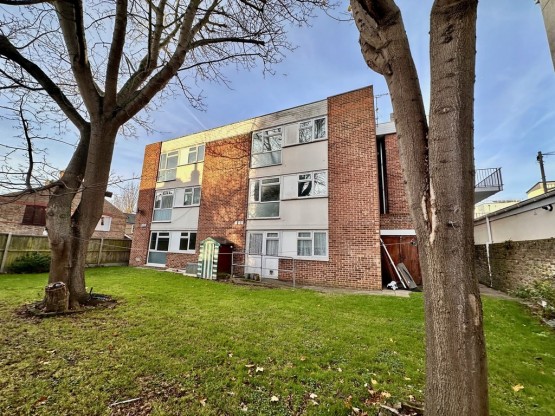Local authority searches are a mandatory requirement when buying a property in Thanet and therefore, they are a vital part of the homebuying process. Local authority searches can often take some time due to the details required in the search.
What Are Local Authority Searches?
Local authority searches are queries into the local area and land where you’re planning to buy a property.
They include things such as:
- Whether the property is a listed building
- If it’s located in a conservation area
- If there are development plans in the local area
- If there is planning consent for a nearby property
What Does a Local Authority Search Consist of?
There are two parts to a local authority search. A CON29 and a LLC1.
The CON29 is a set of questions regarding the property and surrounding area. It includes essential information such as planning and building regulation applications, whether any enforcement action has been taken by the local council, and whether any roads or railway schemes are in place that could affect the property’s value.
The LLC1 looks at local land charges which apply to each owner of the property. This includes things like tree preservation orders, smoke control orders and whether the property is in a conservation area or not.
Why Are Local Authority Searches Vital?
If you’re buying a property in Thanet with a mortgage then it’s a condition of the lender that searches are carried out before loaning you any money. This is to protect themselves against any sudden drop in the value of a property.
For buyers with a mortgage, firstly it’s mandatory to have searches carried out so they don’t have a choice. Secondly though, the searches help to protect buyers and give them peace of mind that their property is likely to hold and increase its value. After all, if you didn’t carry out searches and then found that a motorway was going to be built through your back garden, you’d probably regret buying the property in the first place!
Another benefit of local authority searches is that they can help buyers to renegotiate the price of a house or consider whether they still want to proceed with the purchase.
For example, if a neighbour has planning permission to build an extension that will block a lot of sunlight from coming into the garden, a buyer may use this to try and lower the price, or potentially pull out of the purchase altogether.
How Long do Local Authority Searches Take?
Local authority searches usually take sound 2 to 3 weeks but this varies depending on the local council. In some cases, they can take up to 8 weeks, or as little as a few days, but 2 to 3 weeks is the average timeframe.
You will also need to bear in mind that depending on what the searches find, your solicitor may advise you to carry out further searches and enquiries.
For example, if a new road or railway line is due to be built near the property, your solicitor is likely to investigate this further, which could lead to delays.
How Much do Local Authority Searches Cost?
Every council sets their own fees, but a local authority search typically costs between £50 and £250, with additional searches commanding an additional fee.
There are other searches required in the homebuying process too, which aren’t classed as local authority searches, but which are still mandatory.
Many solicitors will include these along with the local authority searches in a search package, which will usually cost around £250-£450. It’s worth asking your solicitor in advance for a breakdown of the search costs before instructing them.
What is Local Authority Search Indemnity Insurance?
If there are delays to the searches, then your solicitor may suggest taking out an indemnity insurance policy.
This covers the risk of something negatively affecting the value of the property, which would have been flagged if full searches had been carried out.
An example of this would be if the local council issued a compulsory purchase order on your property to demolish it and make way for a new public facility. Under the compulsory purchase order, you may not receive the full market value of the property, and this is where the insurance policy would cover the difference, giving you some peace of mind.
However, you should be aware that not all lenders will accept an indemnity insurance policy in place of full searches being carried out, and it can be quite stressful to live in a property where you’re unaware of significant local issues or threats.
It’s always worth checking with your solicitor and asking for their advice on the pros and cons of such a policy.
Thomas Jackson Estate Agents are your local property experts for the Thanet area. Call us on 01843 221000 or email info@thomasjackson.biz to chat with a member of our friendly and experienced team.






